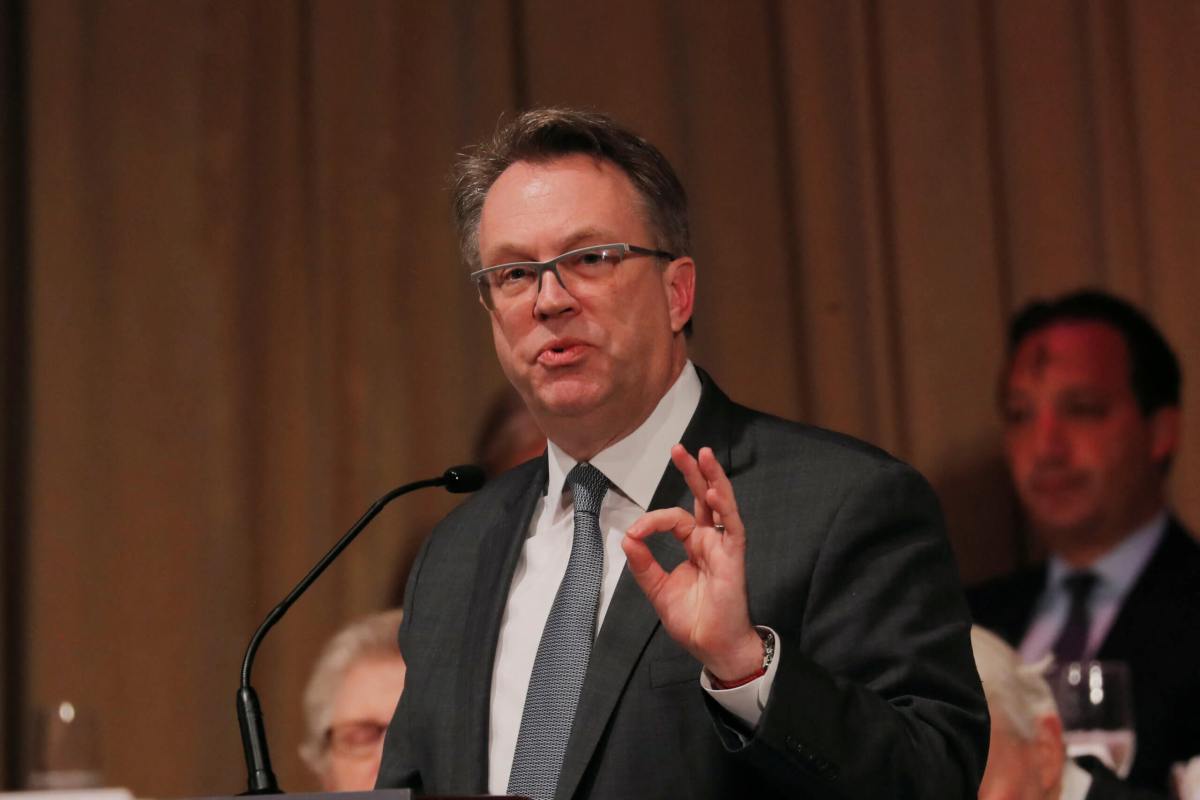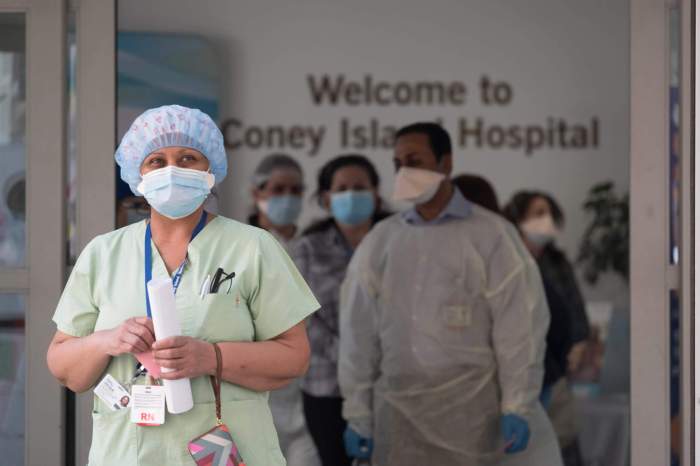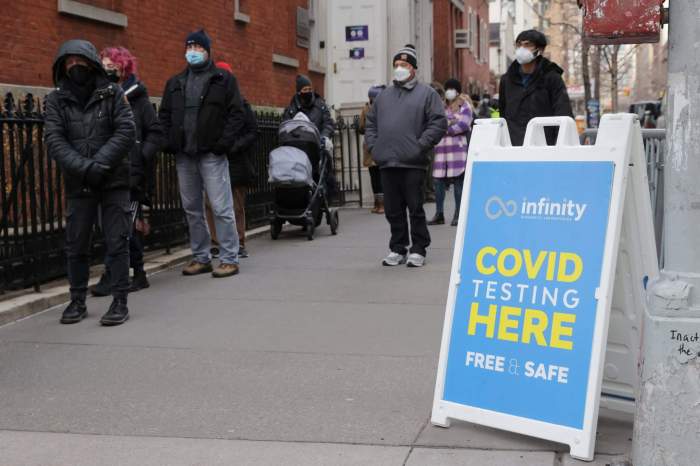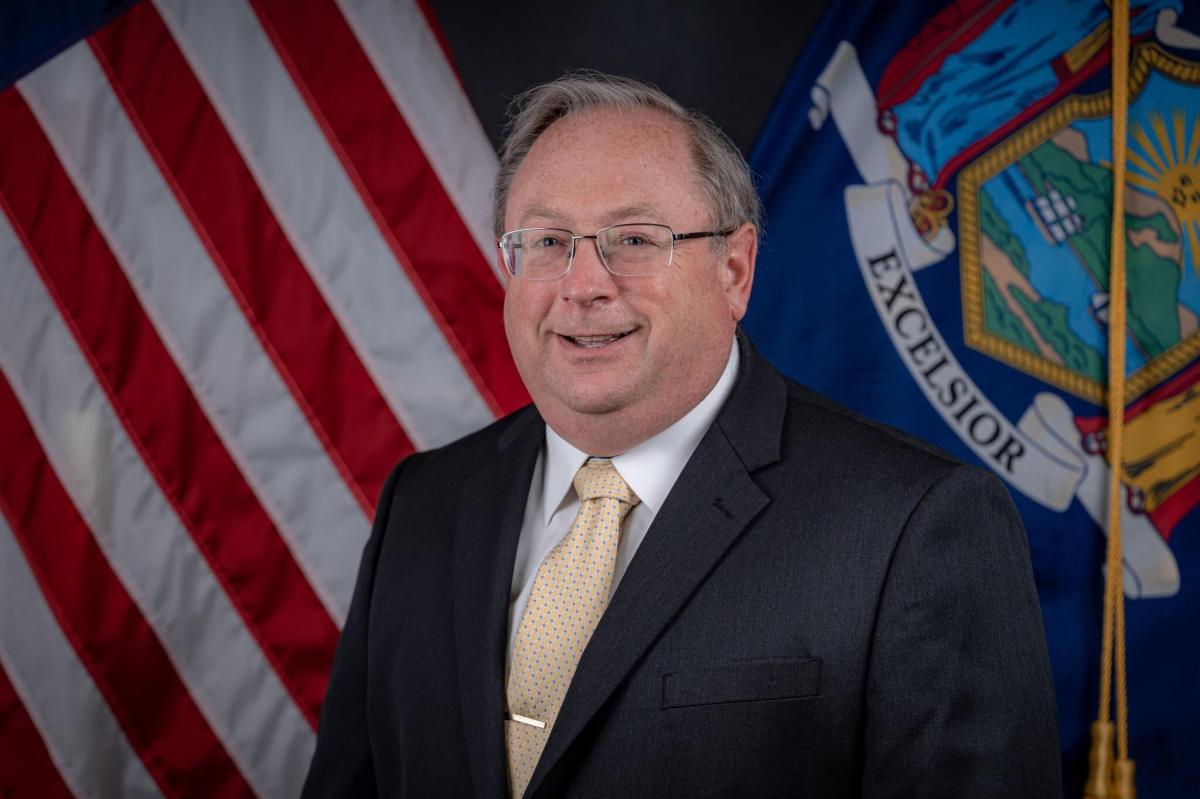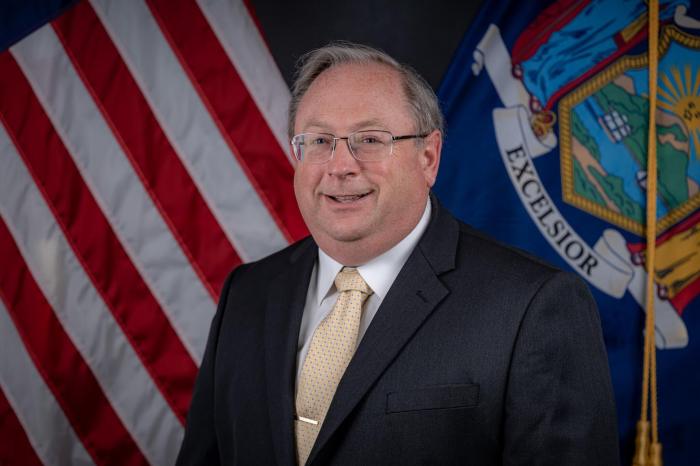The surge of infections caused by the Omicron COVID-19 variant may slow growth over the next several months and prolong supply chain challenges, but the U.S. economy should return to a stronger trajectory after the wave passes, New York Federal Reserve Bank President John Williams said Friday.
Businesses may take a hit in the near-term as consumers move away from in-person activities and some firms may still struggle
to find workers, Williams said. But the disruptions may not be enough to derail the U.S. economy, which may grow by 3.5% this year, he said.
“Once the Omicron wave subsides, the economy should return to a solid growth trajectory and these supply constraints on the economy should ebb over time,” Williams said in remarks prepared for a virtual event organized by the Council on Foreign Relations.
The Fed official said he expects the labor market to continue healing as the economy grows, forecasting that the unemployment rate will drop to 3.5% this year.
A combination of strong demand for goods and supply bottlenecks pushed inflation up to “considerably high” levels, Williams said.
But pricing pressures may ease as growth slows and supply constraints are resolved, he said, adding that he expects inflation to drop to around 2.5% this year and close to 2% in 2023.
Policymakers are expected to debate strategies for raising interest rates and reducing more than $8 trillion in bond holdings when they meet in two weeks. A steady drumbeat of Fed officials, including Fed governor Lael Brainard, said this week that the central bank may raise rates as soon as it concludes its bond purchasing program in March.
Williams said “gradually” raising interest rates would be the next step in removing accommodation, but did not comment on the timing or pace of potential rate increases, saying those decisions would be based on economic data.



